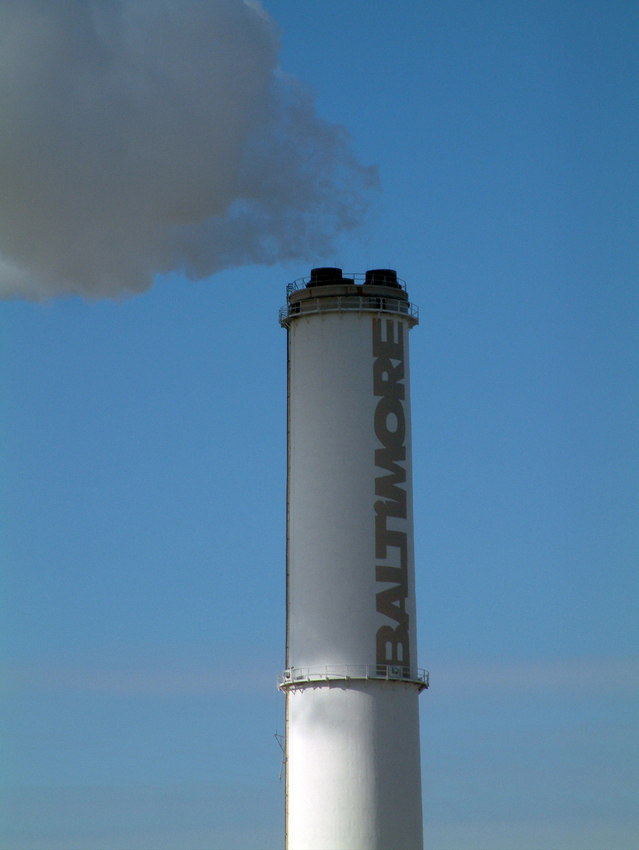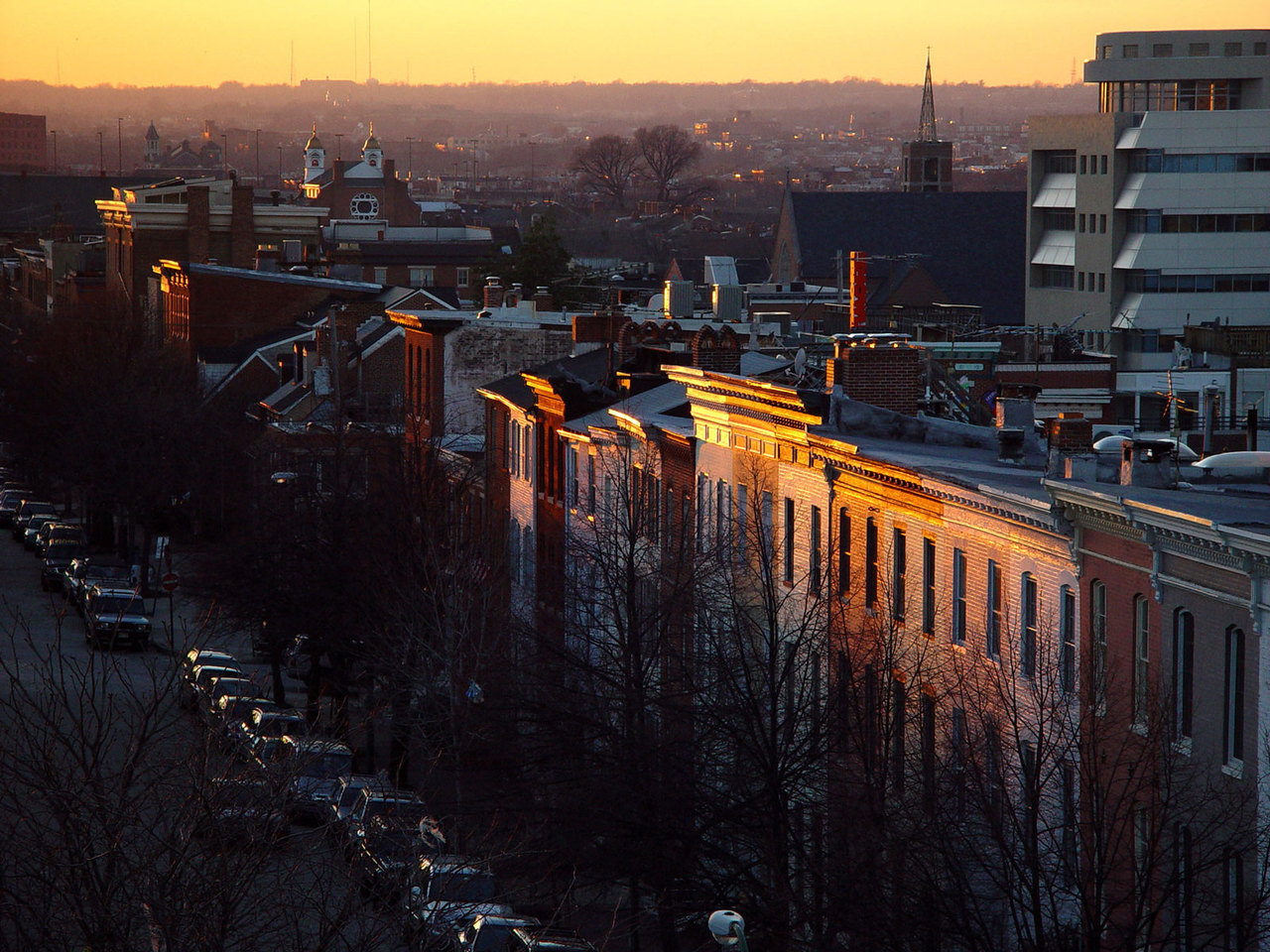Photo by Heather Merrifield
Eye-catching tweets and headlines across the country are proclaiming “Corona is racist,” and as rates of COVID-19 contraction and death rise in minority communities, it sure seems that way. However, it's not Corona that's racist, but society.
Environmental inequity and racism are critical issues in the United States even in the “good” times. As is sadly the case of most disasters—economic, environmental, political—the fallout from the COVID-19 crisis is disproportionately affecting low-income communities and those of color. Shortcomings and failures in health and environmental policy are never so evident as they are in a crisis, and never so much as now amid the COVID-19 pandemic. Now more than ever the cost of the neglect of these groups could be counted in lives.
Everyone is at risk and should be taking every precaution they possibly can to protect themselves and others. But what about the dangers already among us? Health issues like pollution have fallen from the top of our priorities. Here at home, most Marylanders are familiar with poor air quality, with over eighty-five percent of the population living in areas that are failing to meet the nation’s safe air standards. Across the US it's a common trend that the highest levels of air pollution correlate to low-income and marginalized populations. Subsequent respiratory issues among residents are common here and represent a huge social injustice. Choking on car emissions and stuck between two coal-burning power plants, Baltimore is the perfect example of the impact air pollution has on our population. The city struggles with elevated rates of most respiratory conditions, especially within marginalized communities. Baltimore’s childhood asthma rate is now 20%—more than double the national average. These are causes for concern even in “good” times, but in the present situation these communities are at more risk than ever.
COVID-19 is an aggressive respiratory illness, causing an uncontrolled inflammatory response in the lungs—making those suffering from any respiratory condition exponentially more vulnerable. A new Harvard study has found that even an increase of one microgram per cubic meter of air can increase COVID-19 death rates by 15%. Even those of good health are statistically at higher risk of contracting the virus just by living in a neighborhood that suffers under elevated rates of pollution.

The inherent inequality in American environmental policy has never been so evident. Environmental policy is health policy and in Baltimore and all across the country we are failing both. Now the nation is seeing just how connected the two truly are. Failure to protect the environmental rights of minority and low-income communities is amplifying the suffering of these populations. Like Chicago, New Orleans, and Detroit, Baltimore’s black population is already suffering disproportionately. African Americans comprise only 30% of the state's population yet according to The Baltimore Sun, they account for over half of the state’s death toll among those whose race has been reported.
Just as climate change “affects everyone” so too does coronavirus affect us all-- meaning our poorest and most marginalized communities are feeling the brunt of its impact. Institutionalized racism and inequality have brought us here, to a “racist” pandemic. What's worse is the fact that this was very much a reality pre-coronavirus. Each year countless American lives are cut short by systemic inequality. Disproportionate exposure to pollutants, insufficient access to resources like mike, healthcare, even a lack of access to green spaces all factor into the disadvantages many communities face in the best of times. COVID-19 is a wake-up call the entire country, the entire world, should be paying attention to. As Sierra Club Executive Director Michael Brune has said: “We need a better normal.”
Heather Merrifield
Spring 2020 Intern
Sierra Club Maryland Chapter
See more info on COVID-19 and climate change here
